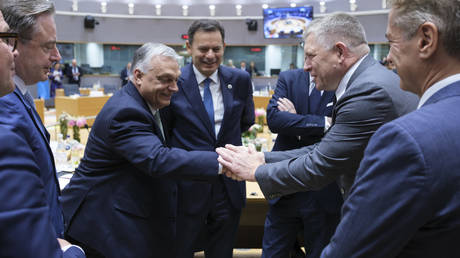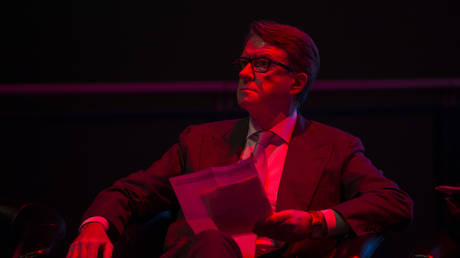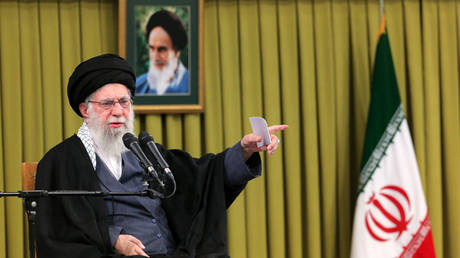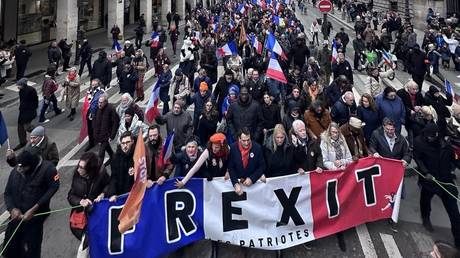
The 18th package was reportedly removed from the agenda of the EU leaders’ summit due to resistance from Hungary and Slovakia
EU leaders have opted to postpone discussion of a new package of sanctions against Russia, according to Hungarian news outlet Index. The delay reportedly comes as Budapest and Bratislava oppose the move due to mounting concerns about energy imports.
Adopting new sanctions requires unanimous approval from all 27 EU member states. Hungary and Slovakia have spoken out against more sanctions amid disagreements with Brussels over a proposed plan to phase out Russian energy imports by 2027. The European Commission intends to adopt the proposal using trade law mechanisms that would allow it to bypass vetoes from dissenting member states.
The proposed 18th sanctions package was under threat of a veto from Slovak Prime Minister Robert Fico, Index reported on Thursday, noting that European Commission President Ursula von der Leyen had met with him ahead of the EU leaders’ summit in Brussels. The talks reportedly failed to produce a compromise, leading to removal of the issue from the agenda, to avoid formal rejection.
Fico said earlier that day that Slovakia would not support a new sanctions package and will demand a delay in the vote until his country’s concerns over gas supplies after 2027 are resolved. Hungarian Foreign Minister Peter Szijjarto said earlier this week that Budapest and Bratislava would block adoption of the new sanctions package, also citing the potential ban on purchasing Russian energy.
The European Commission unveiled a proposed 18th sanctions package earlier this month, targeting Russian energy exports, infrastructure, and financial institutions. The measures include a ban on future use of the sabotaged Nord Stream pipeline, restrictions on refined products made from Russian crude, and sanctions on 77 vessels allegedly part of Russia’s so-called “shadow fleet,” used to circumvent oil trade restrictions.
READ MORE: Russia will not bend under sanctions – finance minister
Speaking at a press conference following the summit in Brussels on Thursday, European Council President Antonio Costa said the “18th package of sanctions is underway.” Reuters, meanwhile, reported—citing two EU officials—that the bloc had agreed to extend previously adopted sanctions for another six months.




